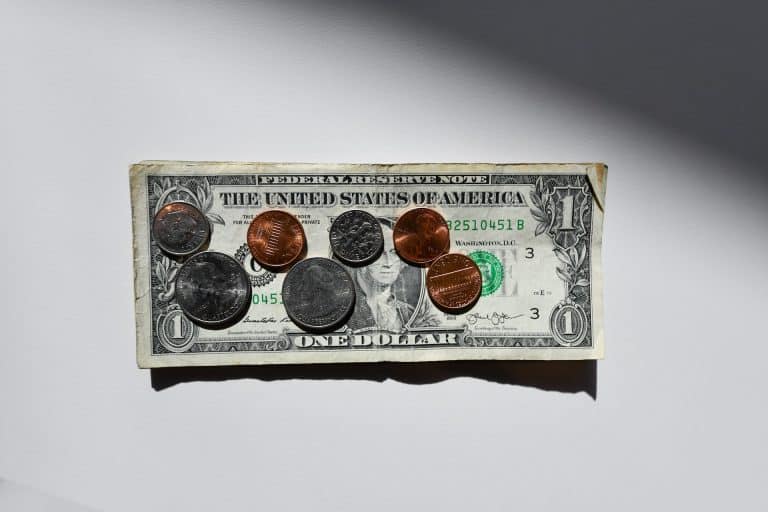Shaking the Tip Jar: How Tip Culture Influences Customer Behavior
Tip culture is not only ingrained in the wage structures of many service industries; it has profound effects on customer behavior. These effects can manifest in various ways, from how we perceive service quality to how we engage with service workers. In this deep dive, we’ll explore the impact of tipping on customer behavior, highlighting the need to rethink and #CancelTipCulture.
Tipping as a Measure of Service Quality
Tipping is often seen as a direct reflection of the quality of service provided. Many customers view tipping as a reward for good service and a way to express satisfaction. However, studies have found that there is only a weak correlation between tip size and service quality. We’ll delve into these findings and examine how the perception of tipping as a service quality measure is flawed.
Tipping as a Social Norm
Tipping is deeply ingrained as a social norm in many cultures, influencing customer behavior significantly. Customers may feel social pressure to tip, even when service is poor, to avoid being perceived negatively. We’ll explore the psychological factors that make tipping such a powerful social norm and discuss the potential consequences of this societal pressure.
Tipping as a Power Dynamic
Tipping also creates a power dynamic between customers and service workers. The ability to influence a worker’s income can create an imbalance, leading customers to demand more from service workers or even act inappropriately. This section will explore the power dynamics inherent in tipping and the implications for service worker welfare.
Tipping and Biases
Customer biases can significantly influence tipping behaviors. Unconscious biases related to race, gender, age, and physical appearance have all been shown to affect tip sizes. We’ll delve into research on these biases and discuss the need for a fairer wage system that does not rely on subjective customer evaluations.
Moving Beyond Tip Culture
As awareness of the problems associated with tipping grows, more customers are questioning the status quo and seeking alternatives. We’ll explore the ways consumers can help shift away from tip culture, from supporting businesses that pay fair wages to advocating for legislative change.
Reshaping Our Relationship with Tipping
Tipping culture has significant implications for customer behavior, often perpetuating unfair practices and biases. As we strive to #CancelTipCulture, we must also rethink our behaviors as customers. Understanding the impacts of tipping is a crucial first step towards creating a more equitable service industry. Let’s reshape our relationship with tipping, favoring a culture that champions fair pay and respects all workers.






